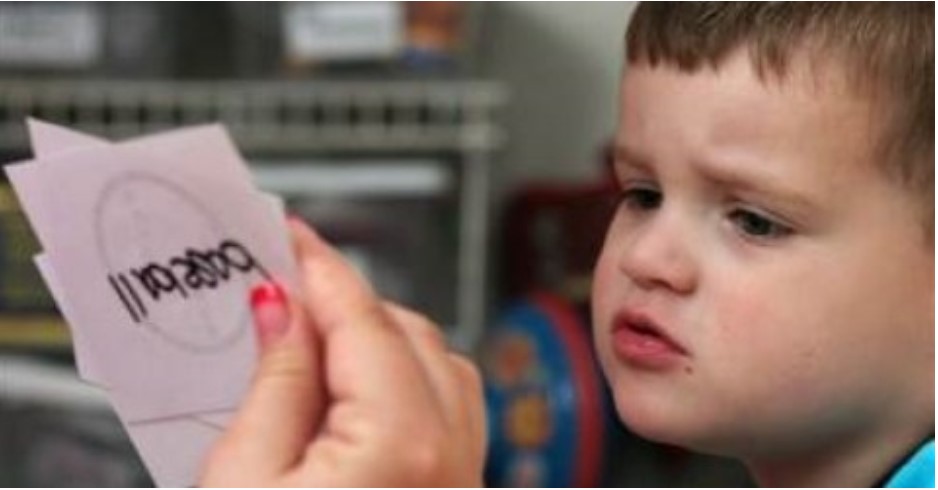
As the National Disability Insurance Scheme rolls out, demand for the new and fast-growing job category of ‘developmental educators’ is expected to rise.
Along with on-the-job and TAFE training, the need for higher education is expanding.
“Developmental educators are emerging as a separate and fully fledged allied health profession in league with physiotherapists, psychologists, social workers, occupational and speech therapists,” says Associate Professor Caroline Ellison, who heads the Disability and Community Inclusion Unit at Flinders University.
“We just don’t have enough graduates to meet demand.
“Every year we have employers crying out for suitable graduates and it’s growing by the day.”
Offered to students anywhere online, the Flinders Bachelor in Disability and Developmental Education is open for mid-year intake. Applications close on Monday 5 June for the start of coursework in July.
The online study option features interactive opportunities for one-on-one contact with lecturers and includes compulsory work placements.
“These practicums make our graduates work ready and prepared for the many challenges,” says Associate Professor Ellison, adding school leavers should not shy away from working in disability.
“After failing high school, I later got into disability studies via bridging studies and haven’t looked back,” she says.
“Now I see other graduates go on to honours and masters and other postgraduate fields in disability studies, fulfilling a real need in our community for these highly specialised skills.”
Last year’s graduates have obtained 100% employment, and they probably also worked part-time in the sector while studying, Associate Professor Ellison says.
The degree is recognised by the National Disability Insurance Agency and national professional organisation, Developmental Educators Australia Incorporated (DEAI).
DEAI chair Jose Koppelman-Guthrie, who is a Flinders graduate, says developmental education is a “very rewarding and satisfying career”.
“Developmental educators are multi-disciplinary disability specialists with expertise in fostering the skills, independence and quality of life of individuals with developmental and/or acquired disabilities,” Ms Koppelman-Guthrie says.
“The Flinders course teaches graduates to work with an individual holistically, to ‘do with, not for’ a client,” she says.
“We consider development across the lifespan, and to adopt strength-based and person-centred approaches, working closely with other professionals and families and carers for optimal outcomes.”
Flinders University is a national leader in the field, the only university in SA offering these specialised studies and now a leader in the Southern Hemisphere for international online studies. After 20 years, there are disability and developmental educator graduates all around Australia and also Asia.
As well as an ATAR score, entry pathways also include a Certificate IV or Diploma.
Flinders University also offers an online Bachelor of Disability and Developmental Education (Rehabilitation Counselling), a graduate certificate and Master of Disability Policy and Practice.
As well as developmental educators, other sector career options include case managers, disability liaison officers, residential care, support workers, service coordinators, employment placement and behaviour consultants ranging from education, disability advocacy and program development to community rehabilitation, employment placements and human and vocational services in private practice, not-for-profit and government sectors.
The Australian Government’s NDIS is a new way of providing individualised support for eligible people with permanent and significant disability, their families and carers. It will be fully rolled out by 2020.
For information on other Flinders University online courses go to https://www.flinders.edu.au/study-online

